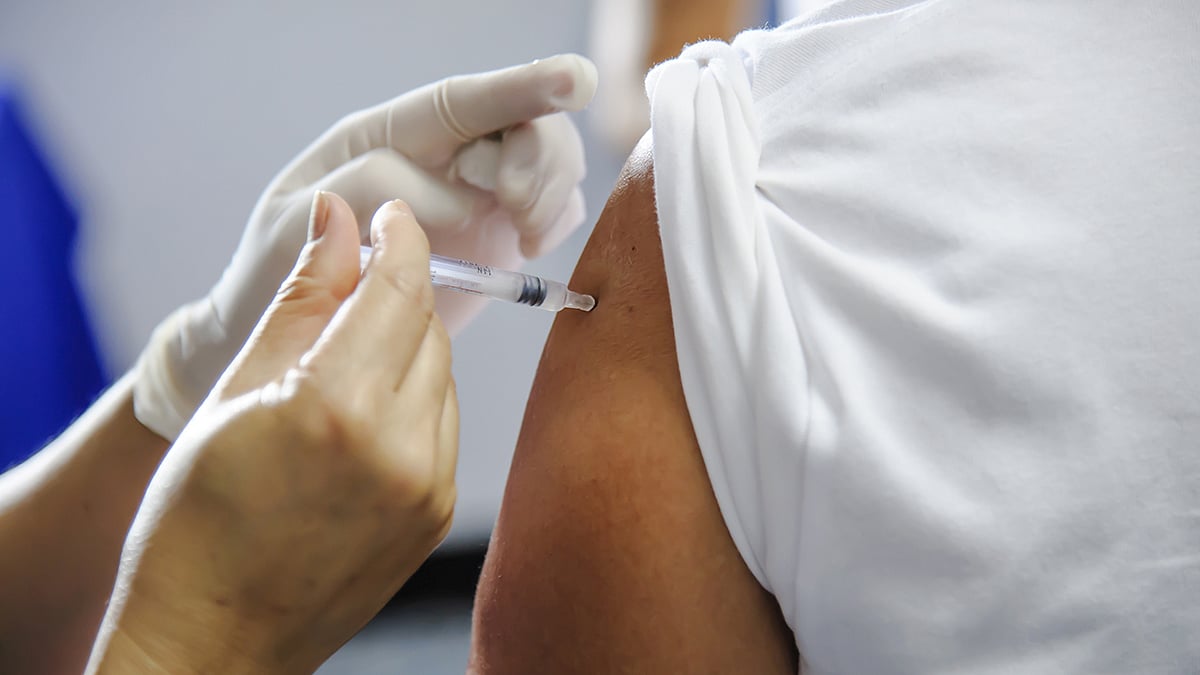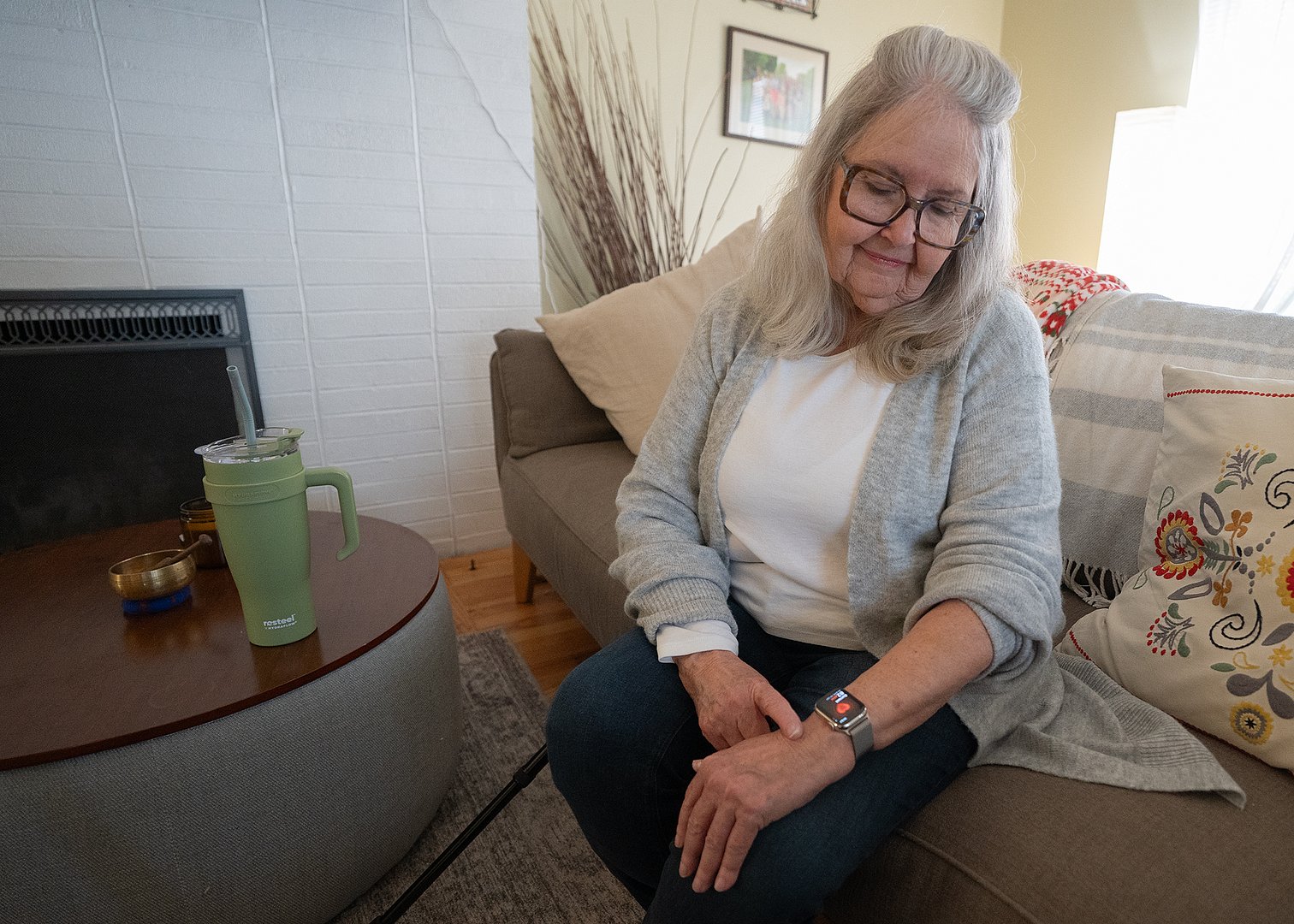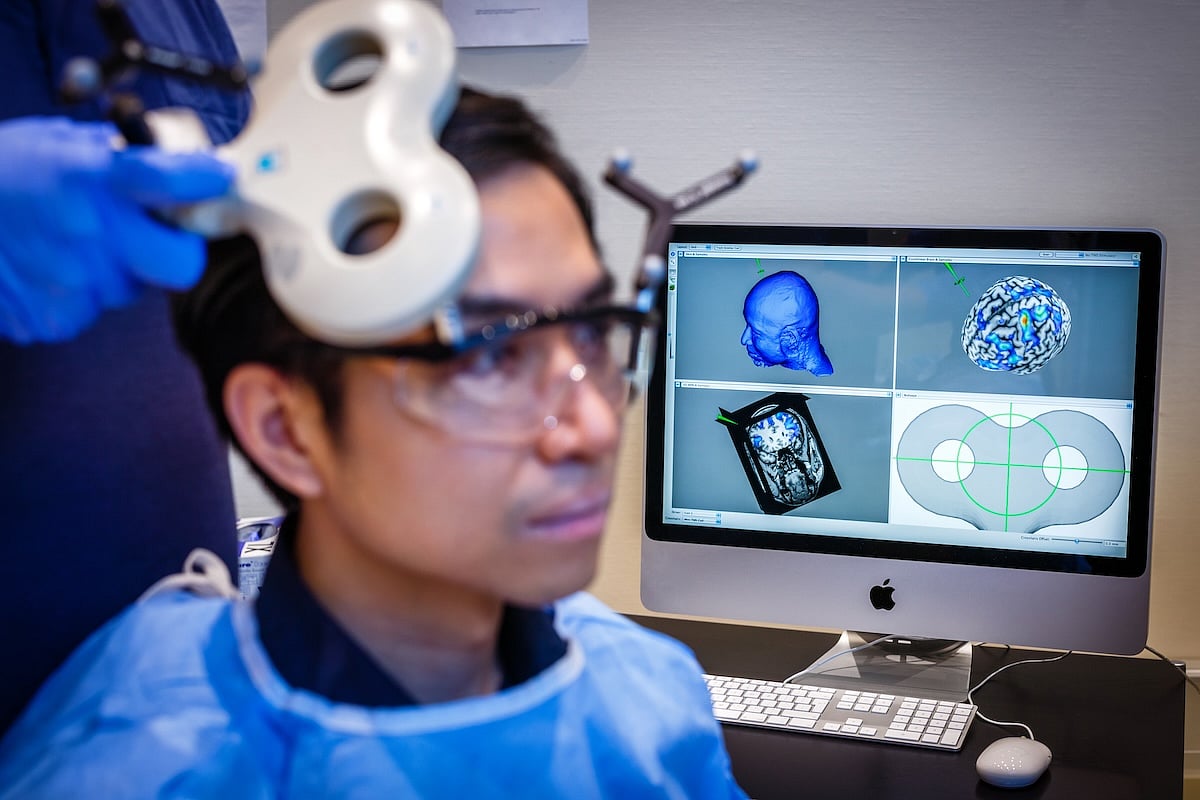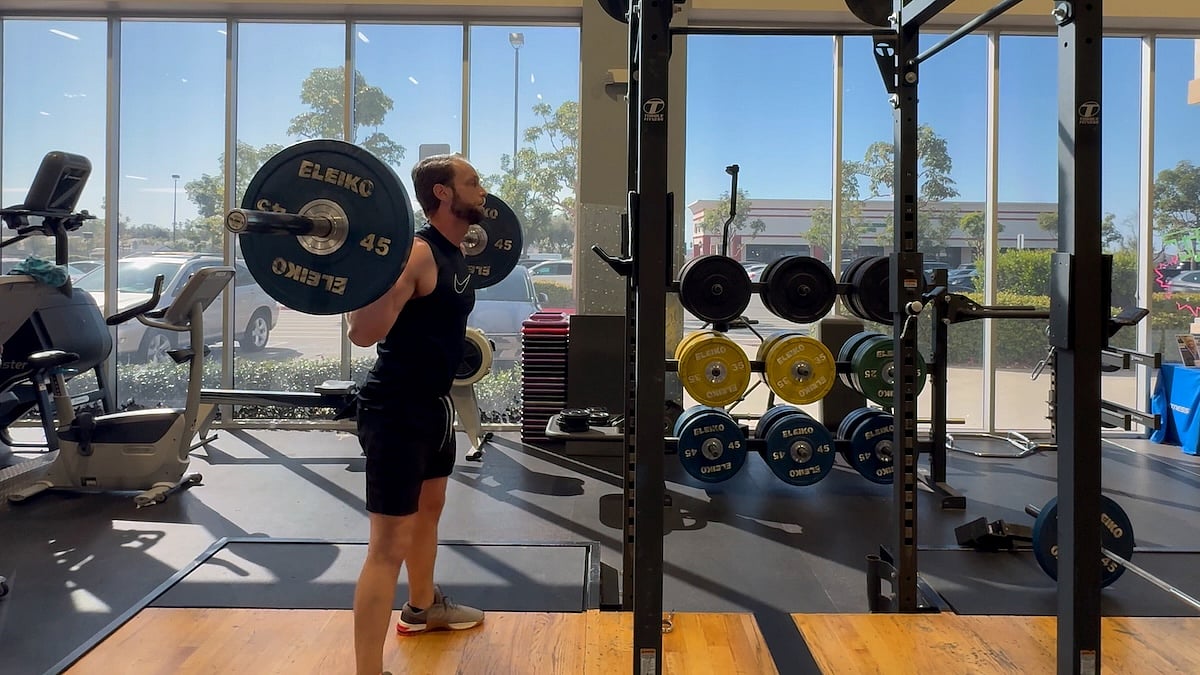Get Healthy!
Staying informed is also a great way to stay healthy. Keep up-to-date with all the latest health news here.
12 Feb
Most Baby Foods Packed With Sugar, Salt, and Additives, Study Finds
A review of 651 infant and toddler foods sold across the U.S. finds nearly three-quarters fit the definition of ultra-processed and contain high levels of sugar, salt and additives.
11 Feb
Study Finds Dozens of Potentially Hazardous Chemicals in Hair Extensions
Researchers tested 43 hair extension products and found 169 different chemicals, including dozens that have been linked to cancer, hormone disruption, developmental problems and immune disorders.
10 Feb
Intermittent Fasting May Help Crohn’s Patients Achieve Long-Term Remission
In a new clinical trial, Crohn’s patients who limited eating to an eight-hour window saw disease activity drop by 40 percent and abdominal pain by half.
Mental Health Risk Doubled For Women Who Quit Antidepressants During Pregnancy
Women who stop taking prescribed antidepressants during pregnancy are playing games with their mental health, a new study says.
Pregnant women who quit their antidepressants are nearly twice as likely to experience a mental health emergency compared to those who keep taking their meds, researchers reported Wednesday at a meeting of the Soc...
- Dennis Thompson HealthDay Reporter
- |
- February 12, 2026
- |
- Full Page
COVID Vaccines During Pregnancy Not Linked To Autism
Receiving the COVID-19 vaccine during pregnancy is not linked to any risk of autism or other brain development problems in children, a new study says.
Researchers found no ties between mRNA COVID vaccines and child developmental issues, according to findings presented Wednesday at the Society for Maternal-Fetal Medicine’s annual preg...
- Dennis Thompson HealthDay Reporter
- |
- February 12, 2026
- |
- Full Page
FDA Declines to Review Moderna’s mRNA Flu Vaccine Application
In a major blow to vaccine development, the U.S. Food and Drug Administration (FDA) said it will not review Moderna’s application for the first mRNA-based flu shot.
Dr. Vinay Prasad, the nation’s top vaccine regulator, told the company it lacked an "adequate and well-controlled" study, Moderna said in a statement earlier this w...
- Carole Tanzer Miller HealthDay Reporter
- |
- February 12, 2026
- |
- Full Page
Smartwatches May Soon Predict a Depression Relapse
Your smartwatch might soon do more than just count your steps or check your heart rate: It could serve as a literal early-warning system for your mental health.
New research from McMaster University suggests that wearable trackers can detect the subtle signs of a depression relapse weeks or even months before an actual episode.
The s...
- Deanna Neff HealthDay Reporter
- |
- February 12, 2026
- |
- Full Page
Tinnitus Harms 1 in 5 Careers, Survey Finds
Tinnitus seems like one of those problems a person should be able to easily shrug off.
After all, what’s a little ringing in the ears?
But tinnitus can have a significant impact on a person’s career, a new study says.
Nearly 1 in 5 adults say tinnitus has caused them to cut their working hours or quit their job alto...
- Dennis Thompson HealthDay Reporter
- |
- February 12, 2026
- |
- Full Page
Most U.S. Baby Food Is Ultra-processed, Study Finds
Americans are feeding their babies what amounts to junk food, a new study says.
Nearly three-quarters of baby food sold in U.S. grocery stores can be considered ultra-processed foods (UPFs), researchers reported Feb. 9 in the journal Nutrients.
The products are chock full of sugar and salt, as well as industrial ingredients ...
- Dennis Thompson HealthDay Reporter
- |
- February 12, 2026
- |
- Full Page
AMA Launches Independent Vaccine Review After CDC Criticism
Two major medical groups will begin reviewing vaccine safety and effectiveness after major changes at the U.S. Centers for Disease Control and Prevention (CDC) have raised alarms among experts.
The American Medical Association (AMA) and the Vaccine Integrity Project at the University of Minnesota announced Tuesday that they are creating an...
- I. Edwards HealthDay Reporter
- |
- February 11, 2026
- |
- Full Page
Trump Pulls $600M in Public Health Funds From Four States
The Trump administration plans to take back about $600 million in public health funding from four Democrat-led states, saying the grants no longer match health priorities.
The states affected are California, Colorado, Illinois and Minnesota, according to documents reviewed by The New York Times.
The money was awarded t...
- I. Edwards HealthDay Reporter
- |
- February 11, 2026
- |
- Full Page
FDA Reviews Safety of Food Preservative BHA Over Cancer Concerns
The U.S. Food and Drug Administration (FDA) is taking a fresh look at the safety of a chemical preservative found in many packaged foods.
The agency announced it has launched a full review to decide whether butylated hydroxyanisole, or BHA, is still safe to use in food and food packaging based on the latest science.
As part of that p...
- I. Edwards HealthDay Reporter
- |
- February 11, 2026
- |
- Full Page
Chips Ahoy! Baked Bites Brookie Recalled Over Possible Choking Risk
Mondelēz Global LLC has expanded a voluntary recall of certain Chips Ahoy! Baked Bites Brookie products sold in the United States that may pose a choking hazard.
The company said the recall now includes one additional best-by date, May 10, 2026, along with two more UPC codes found on product pouches packed inside previously recalled c...
- I. Edwards HealthDay Reporter
- |
- February 11, 2026
- |
- Full Page
Brain Stimulation Can Prompt People To Behave Less Selfishly, Experiment Shows
What does it take to make others behave less selfishly and put others’ needs before their own?
Electrical zaps to the brain can do the trick, a new study shows.
Stimulating two brain areas increased people’s ability to behave altruistically, researchers reported Feb. 10 in the journal PLOS Biology.
Specific...
- Dennis Thompson HealthDay Reporter
- |
- February 11, 2026
- |
- Full Page
Worried About Getting Older? You Could Be Contributing To Your Own Accelerated Aging, Study Says
WEDNESDAY, Feb. 11, 2026 (HealthDay news) — They say worrying will give you wrinkles, but a new study indicates that might be an understatement.
Women anxious about getting older appear to experience accelerated aging, with their fears promoting quicker decline at the cellular level, researchers found.
In essence, fears about a...
- Dennis Thompson HealthDay Reporter
- |
- February 11, 2026
- |
- Full Page
Minimally Invasive Surgery Restores Active Dad's Mobility
Stretching at the gym, AJ Starsiak felt an alarming pop in his back.
Starsiak shrugged it off. An active 39-year-old father of two who plays softball and ice hockey, he was no stranger to minor injuries.
But over the next few months, his hips stiffened and he began to lose sensation and muscle mass in his leg.
The breaking poin...
- Dennis Thompson HealthDay Reporter
- |
- February 11, 2026
- |
- Full Page
Obesity Linked To 1 In 4 Infectious Disease Deaths In U.S.
Obesity contributes to about 1 in every 4 infectious disease deaths in the United States, the most among wealthy countries, a major new study estimates.
People with obesity have a higher risk of hospitalization or death from infectious diseases ranging from influenza and COVID-19 to stomach flu and urinary tract infections, researchers rep...
- Dennis Thompson HealthDay Reporter
- |
- February 11, 2026
- |
- Full Page
Brief, Intense Exercise Beats Relaxation for Panic Relief
While relaxation techniques are often recommended for panic disorder, leaning into those intense physical sensations through exercise may be the superior treatment.
A study published Feb. 8 in the journal Frontiers in Psychiatry found that brief, intermittent bouts of high-intensity exercise were significantly more effective at re...
- Deanna Neff HealthDay Reporter
- |
- February 11, 2026
- |
- Full Page
Pregnancy, Breastfeeding May Shield A Woman's Aging Brain
"Mommy brain," the brain fog that accompanies pregnancy and the first few weeks after delivery, is real, but new research suggests there’s a long-term benefit: A much sharper mind in later life.
Researchers at the University of California, Los Angeles have linked pregnancy and breastfeeding to stronger cognitive abilities in postmeno...
- Deanna Neff HealthDay Reporter
- |
- February 11, 2026
- |
- Full Page
Dr. Oz Urges Measles Shots as Outbreaks Grow
As measles outbreaks spread across the United States, a top Trump administration health official is urging families to protect themselves by getting vaccinated.
“Take the vaccine, please,” Dr. Mehmet Oz, administrator of the Centers for Medicare and Medicaid Services, said during an interview on CNN’s State of th...
- I. Edwards HealthDay Reporter
- |
- February 10, 2026
- |
- Full Page
Brain-Training Game Linked To Lower Dementia Risk Decades Later
Imagine you’re driving down the street when, out of nowhere, a skateboarder rolls into your path.
You’re looking straight ahead, but can your brain spot the movement in your side vision fast enough for you to hit the brakes?
That split-second moment depends on something called visual processing speed, or how quickly your ...
- I. Edwards HealthDay Reporter
- |
- February 10, 2026
- |
- Full Page
Can Diet Cure Schizophrenia? RFK Jr. Said Yes — Experts Say No
U.S. Health Secretary Robert F. Kennedy Jr. said this week that the ketogenic, or keto, diet could cure schizophrenia.
But experts say the claim goes far beyond what science supports.
Speaking at the Tennessee State Capitol, Kennedy told a crowd that diet plays a major role in mental illness.
He said a Harvard doctor had ...
- I. Edwards HealthDay Reporter
- |
- February 10, 2026
- |
- Full Page
Lindsey Vonn’s Olympic Comeback Ends in Crash and Broken Leg
Lindsey Vonn’s remarkable attempt to win an Olympic medal against the odds came to a sudden and painful end Sunday, when she crashed just seconds into the women’s downhill race and broke her left leg.
Vonn, 40, was skiing in a knee brace only nine days after tearing the ACL in her left knee. She was hoping to make history at th...
- I. Edwards HealthDay Reporter
- |
- February 10, 2026
- |
- Full Page


























